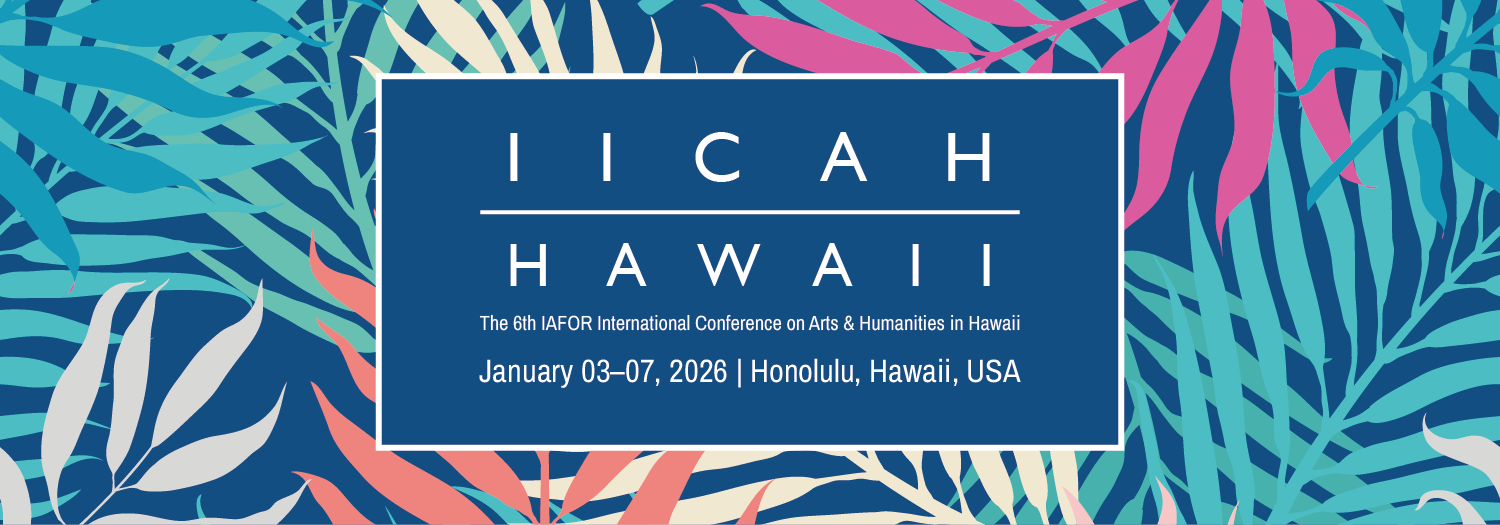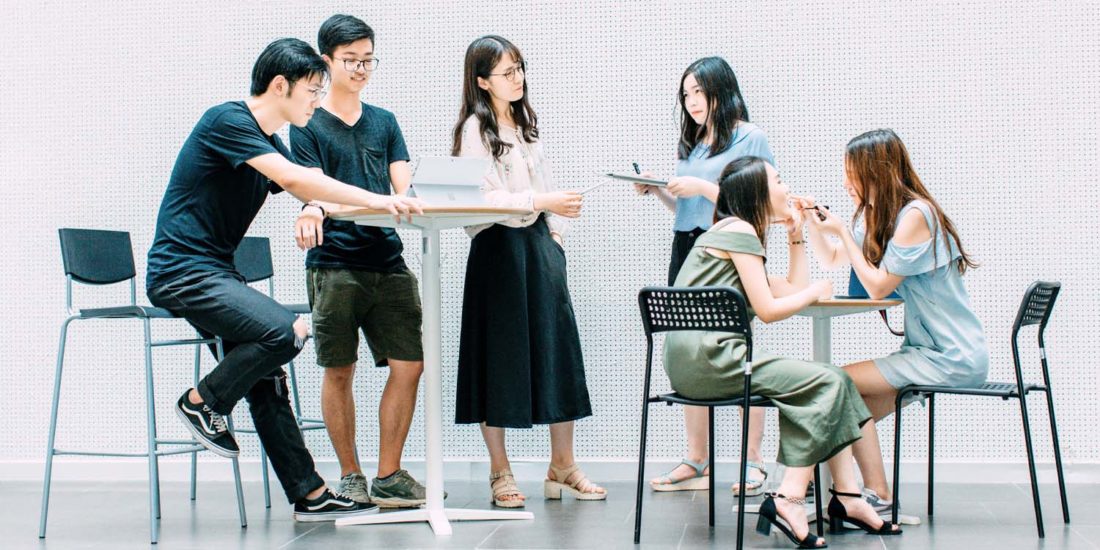“Internationalisation and Cooperation in East Asian Higher Education” by Brendan Howe of the Ewha Womans University, South Korea, has been announced as a keynote to be presented at The 3rd IAFOR International Conference on Arts & Humanities in Hawaii (IICAH2023) and The 8th IAFOR International Conference on Education in Hawaii (IICE2023).
To participate in IICAH/IICE2023 as an audience member, please register for the conference.
This plenary will also be available for IAFOR Members to view online. To find out more, please visit the IAFOR Membership page.
Abstract
Internationalisation and Cooperation in East Asian Higher Education
East Asia (including both Northeast Asia and Southeast Asia) is a region that has contributed greatly to the concept of an “Asia-Pacific Century.” This focus has been justified by the East Asian economic development “miracle,” the absence of interstate war in the “long peace of East Asia,” and an “Eastphalian peace.” Reference has also been made to East Asia’s other miracle, the decline of mass atrocities, while Freedom House notes it is the only region of the world to have made significant gains in political freedoms in recent years. Educational institutions in the region have made steady progress up international league tables. There is growing participation by East Asian scholars in international conferences such as those organised by ISA, WISC, DSA, and AAS, and a growing number of conferences organised by such associations in Asia. Yet, many obstacles stand in the way of a true internationalisation of higher education. These include a paucity of resources, a shortage of publishing outlets, language barriers, an emphasis on hard sciences and disciplines which promote economic growth (econophoria), and relatedly, the pull of policy relevant work that offers greater prestige and financial rewards. In some cases, nationalism, and in other cases a subaltern relationship to the West (sometimes both together), restrict regional educational cooperation and development. This presentation will discuss some of these issues and shortcomings, but also propose opportunities for overcoming the challenges.
Biography
Brendan Howe
Ewha Womans University, South Korea

Educated at the University of Oxford, the University of Kent at Canterbury, Trinity College Dublin, and Georgetown University, his ongoing research agendas focus on traditional and non-traditional security in East Asia, human security, middle powers, public diplomacy, post-crisis development, comprehensive peacebuilding and conflict transformation. He has authored, co-authored, or edited around 100 related publications including Society and Democracy in South Korea and Indonesia (Palgrave, 2022), The Niche Diplomacy of Asian Middle Powers (Lexington Books, 2021), UN Governance: Peace and Human Security in Cambodia and Timor-Leste (Springer, 2020), Regional Cooperation for Peace and Development (Routledge, 2018), National Security, State Centricity, and Governance in East Asia (Springer, 2017), Peacekeeping and the Asia-Pacific (Brill, 2016), Democratic Governance in East Asia (Springer, 2015), Post-Conflict Development in East Asia (Ashgate, 2014), and The Protection and Promotion of Human Security in East Asia (Palgrave, 2013).

